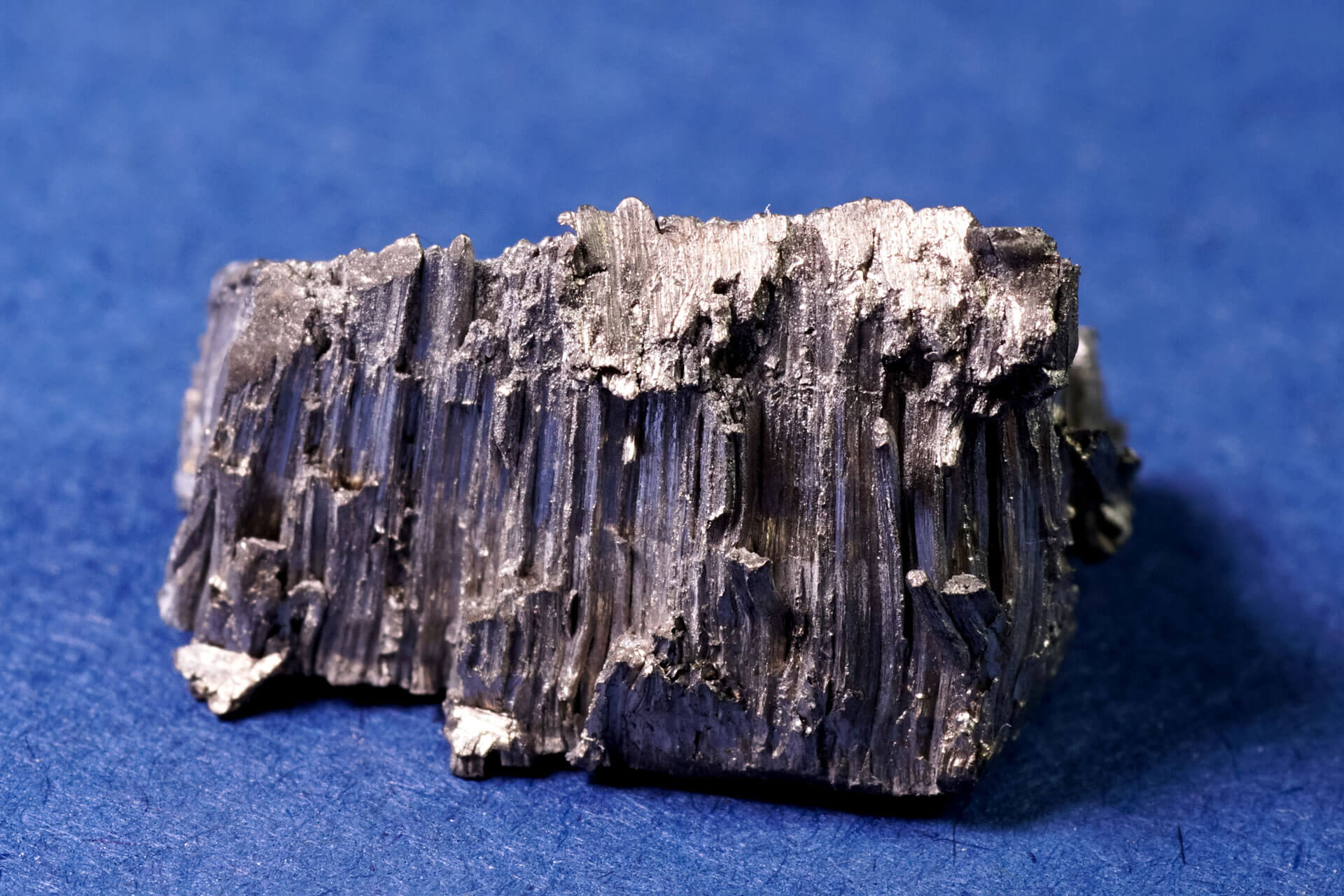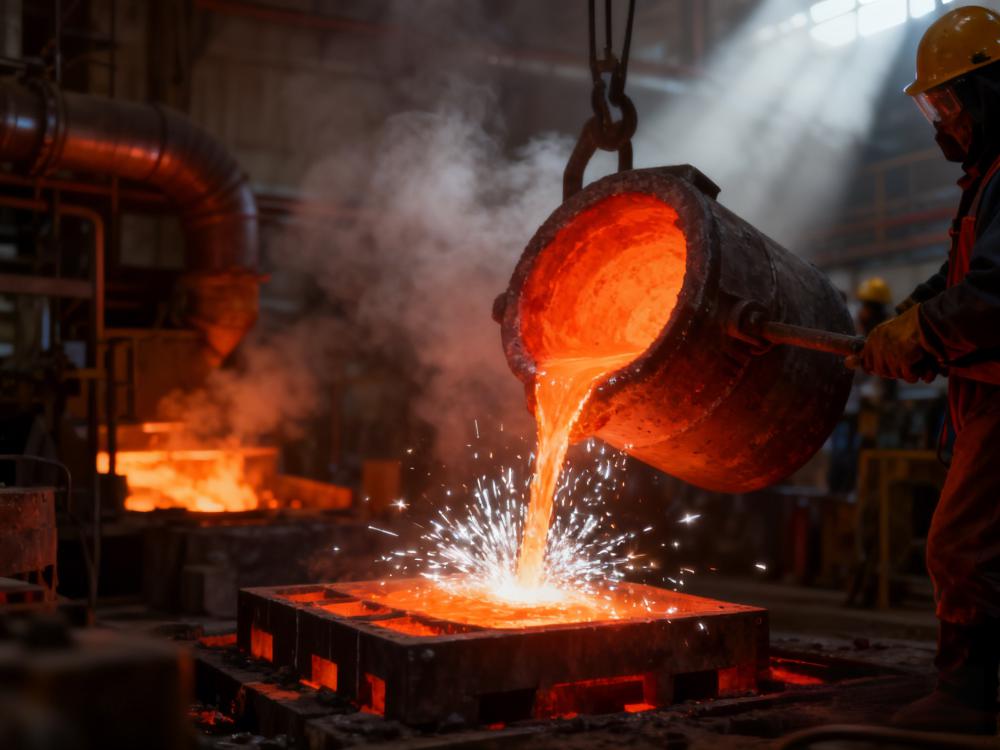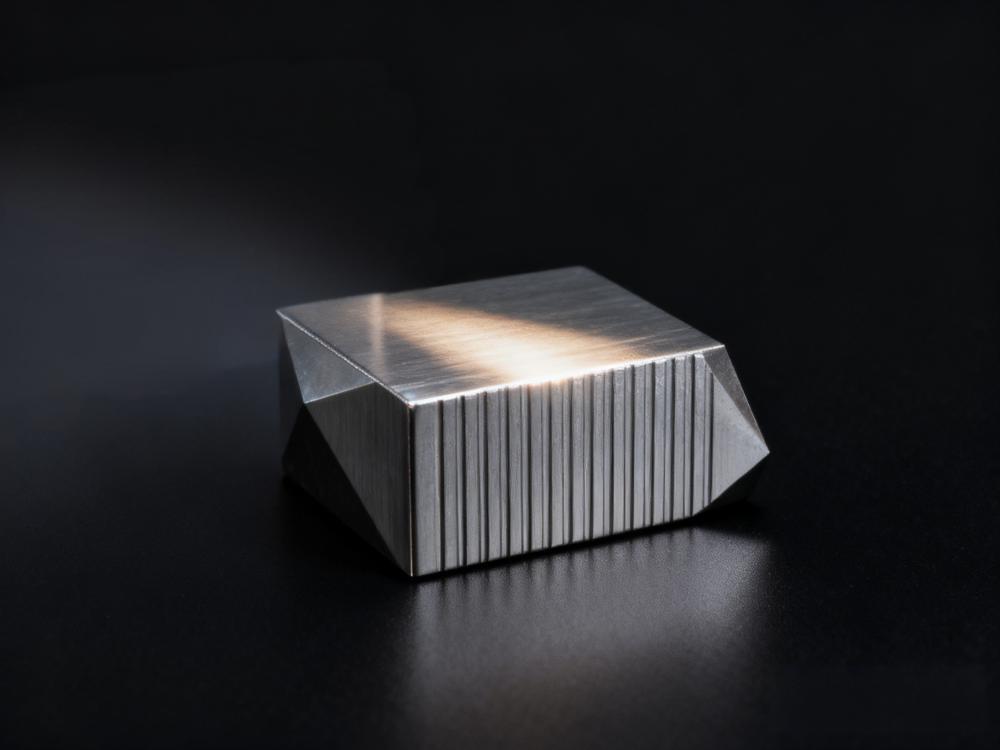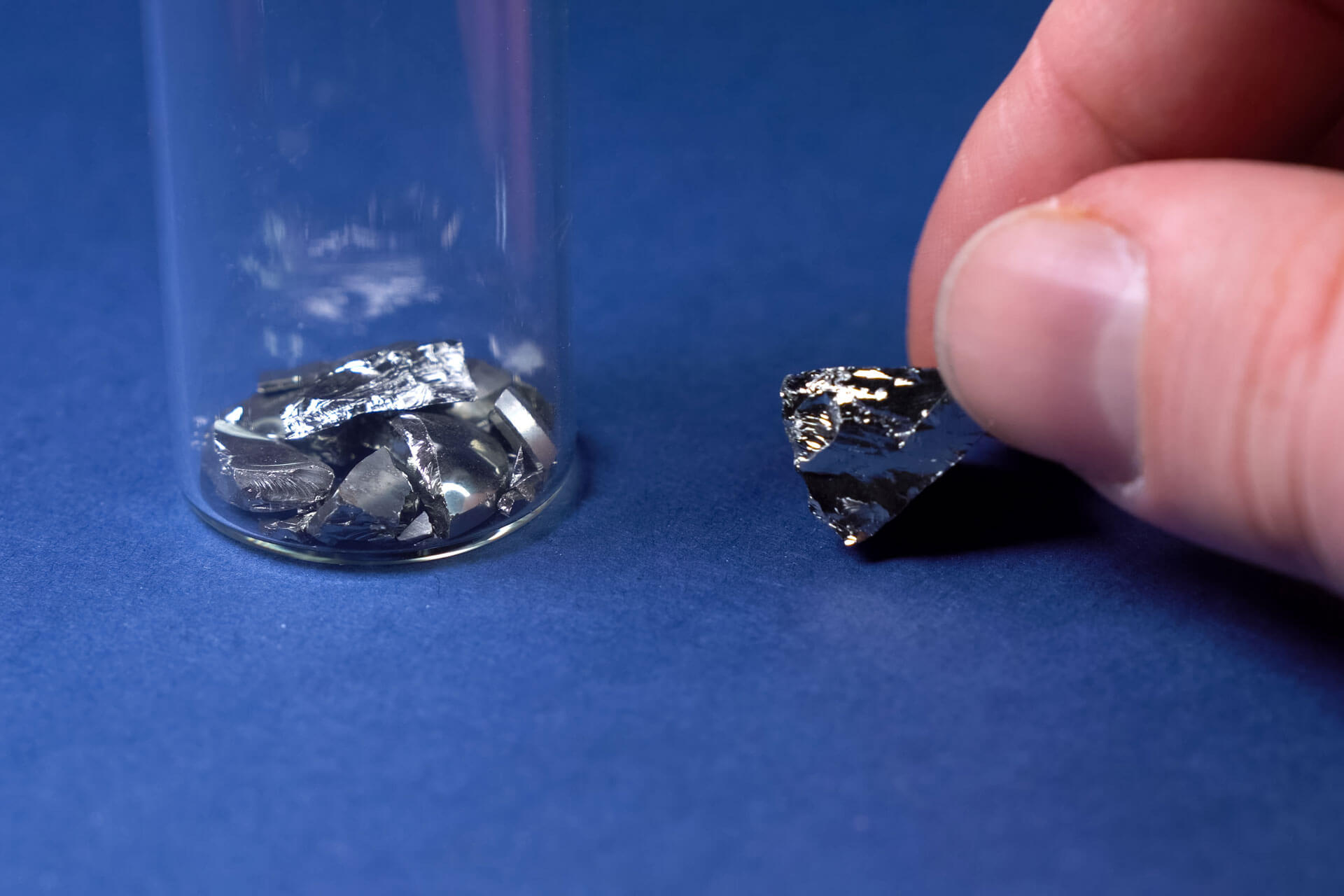US-Australia Critical Minerals Cooperation
The US and Australia formally signed the US-Australia Framework Agreement on Securing Supplies of Critical Minerals and Rare Earths Mining and Processing. Under the agreement, the two countries plan to each invest at least $1 billion within the next six months, jointly supporting priority critical minerals projects totaling $8.5 billion. They also announced the establishment of the "US-Australia Critical Minerals Supply Security Response Team," led by the US Secretary of Energy and the Australian Minister for Resources, focusing on identifying priority mineral types and supply vulnerabilities. Australian Prime Minister Anthony Albanese stated that the agreement not only involves resource extraction but will also ensure investment across all segments of the supply chain.
Corporate Supply Chain Cooperation and Expansion
Canadian rare earth recycling company Cyclic Materials and German metal manufacturer Vacuumschmelze (VAC) announced an extension and expansion of their cooperation, signing an exclusive ten-year agreement. Under the agreement, Cyclic Materials will exclusively process magnet production scrap from VAC's new plant in Sumter, South Carolina, US, which is expected to commence operations by the end of 2025 and primarily produce NdFeB rare earth magnets.
VAC is actively building its US supply chain. Its Sumter plant will prioritize supplying magnets for multiple EV car models of General Motors over the next decade. VAC's US subsidiary, E-VAC, has received over $200 million in funding from the US Department of Defense and the US Department of Energy (DOE). Additionally, VAC signed a supply agreement with UK miner Pensana, under which Pensana will supply mixed rare earth carbonate to VAC from its Longonjo mine in Angola over a five-year period starting in 2027.
Project Financing and Development Progress
Australian government agency Export Finance Australia (EFA) has agreed to provide up to A$80 million (approximately US$52 million) in financing to domestic rare earth developer Astron and US company Energy Fuels to support the Donald rare earth and mineral sands project in Victoria. Upon commissioning of the project's first phase, it is expected to annually produce 1,000 mt of neodymium-praseodymium oxide, 92 mt of dysprosium oxide, and 16 mt of terbium oxide. Energy Fuels, which holds a 49% stake in the project, has committed to off-take all rare earth products at market prices upon production commencement.
Brazil's National Mining Policy Committee (CNPM) held its first meeting. The committee will discuss the National Mining Plan for 2025-2050, with particular focus on rare earths and other critical minerals. Minister of Mines and Energy Alexandre Silveira stated that the plan is expected to be released within 60 days.
Market Analysis and Industry Trends
Goldman Sachs released a report indicating that China controls 69% of global rare earth mining, 92% of refining, and 98% of magnet manufacturing. The report warns that a 10% disruption in rare earth-dependent industries could lead to $150 billion in economic output losses. Goldman Sachs believes that countries face numerous obstacles in establishing independent rare earth supply chains, ranging from geological scarcity to technical complexity and environmental challenges.
Malaysia's Minister of Investment, Trade, and Industry, Tengku Datuk Seri Zafrul Abdul Aziz, stated that Malaysia possesses 1.6 million mt of rare earth reserves and is open to foreign companies forming joint ventures with local enterprises to develop rare earth minerals. He emphasized that Malaysia aims to participate in midstream processing activities, not just export raw materials.
Critical Metals Corp. announced that it has entered into a securities purchase agreement with an unnamed institutional investor to raise $50 million through a private equity investment transaction. The company stated that it will use the proceeds to develop its Tanbreez rare earth mine in Greenland.



